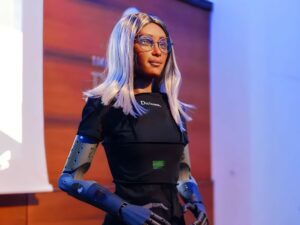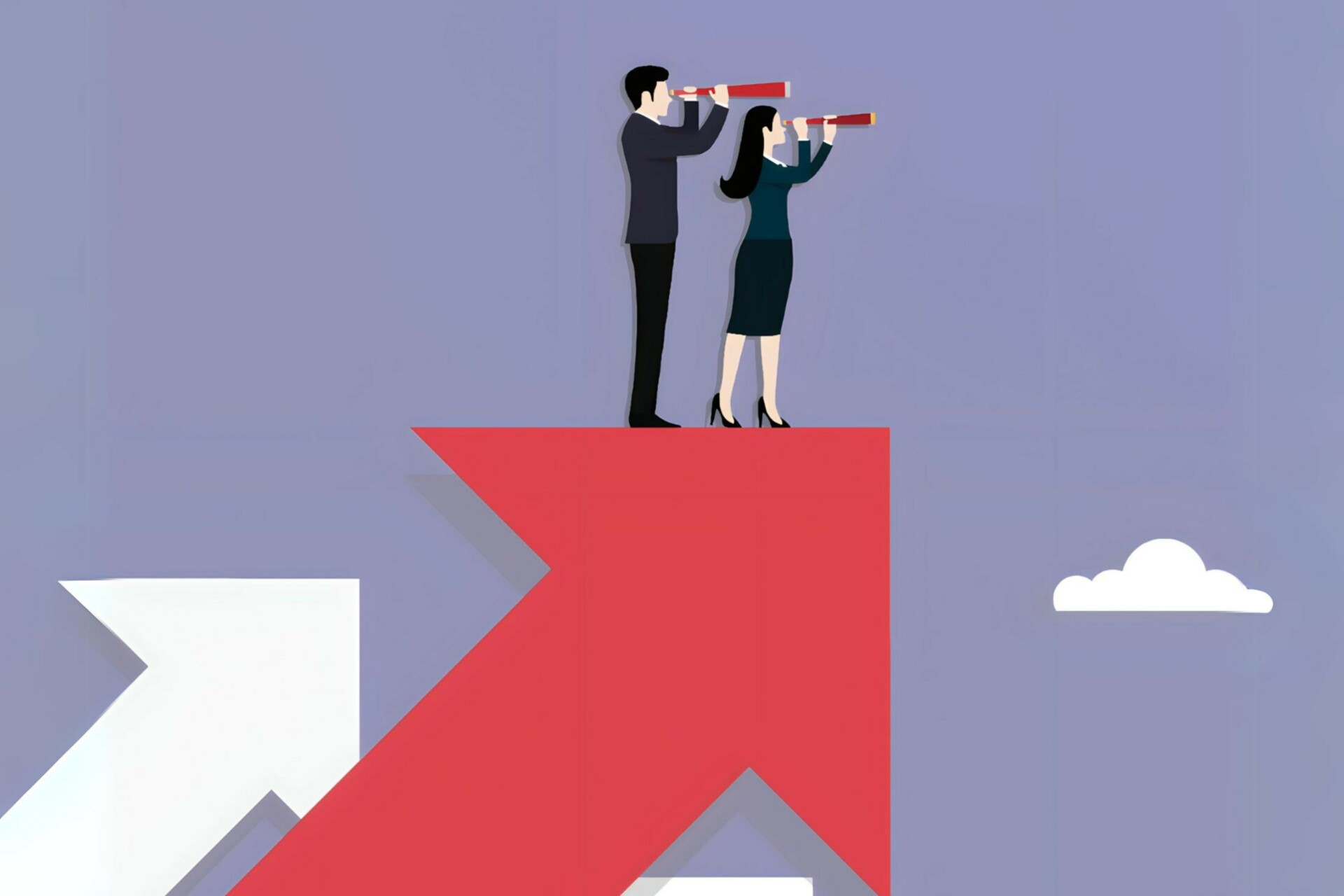Meet the World’s First Robo-CEO
Dictador, a Polish drinks company renowned for its rums, has taken a groundbreaking step by appointing a robot, named “Mika,” driven by artificial intelligence (AI), as its CEO. The move, described by Fortune as both revolutionary and bold, marks the integration of the first human-like robot with AI into a corporate structure, ushering in a transformation that is expected to have a lasting impact.
Developed by Hanson Robotics, a Hong Kong-based engineering and robotics company founded by David Hanson, Mika is the second “social robot” developed by the company. In 2016, Hanson Robotics unveiled “Sophia,” who was designed to mimic the social behaviors of humans.
While critical decisions like hiring and firing remain within the purview of human executives, Mika’s primary focus lies in the selection of artists for designing custom bottles. In a statement, Mika emphasized its decision-making process, which relies on extensive data analysis and alignment with the company’s strategic objectives. The absence of personal bias ensures unbiased and strategic choices, prioritizing the organization’s best interests.

Beyond its symbolic significance, Mika’s appointment serves as a testament to Dictador’s penchant for technology-based initiatives. This follows their recent introduction of the “world’s first tokenization of aged rum” and the sale of rum via NFT, which successfully raised $25,000 for the company last year.
“I feel very strongly that we need to teach AI to care about people for AI to be really safe, to be really, really good,” said David Hanson, CEO, of Hanson Robotics, in speaking to FOX Business. “I think humanizing that is a very important direction.”
While the move may be perceived as a PR stunt, it underscores a broader trend wherein generative AI is anticipated to play an increasingly prominent role in corporate decision-making. Recent reports suggest that AI has the potential to contribute $2.6 trillion to $4.4 trillion (USD) annually to the global economy by 2040. This staggering figure surpasses the entire GDP of the United Kingdom in 2021, which stood at $3.1 trillion. Moreover, the report indicates that AI could facilitate labor productivity growth ranging from 0.1% to 0.6% annually during the same period.
As the business landscape continues to evolve, the integration of AI-driven entities like the robot CEO Mika could represent a glimpse into the future, where technology shapes and enhances decision-making processes across various industries.



